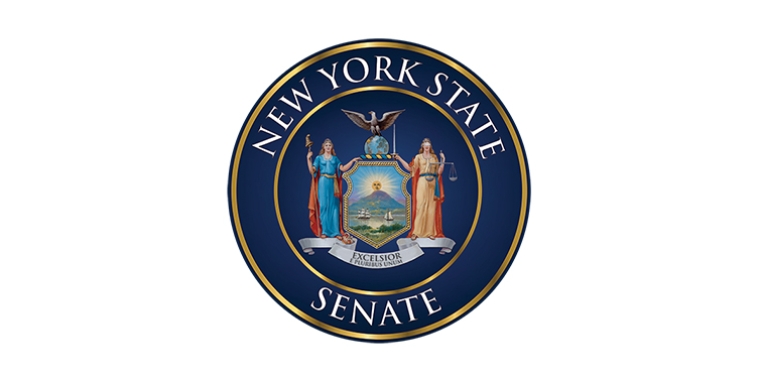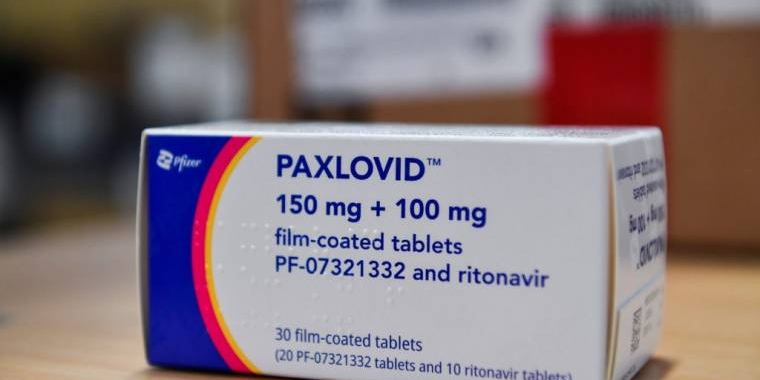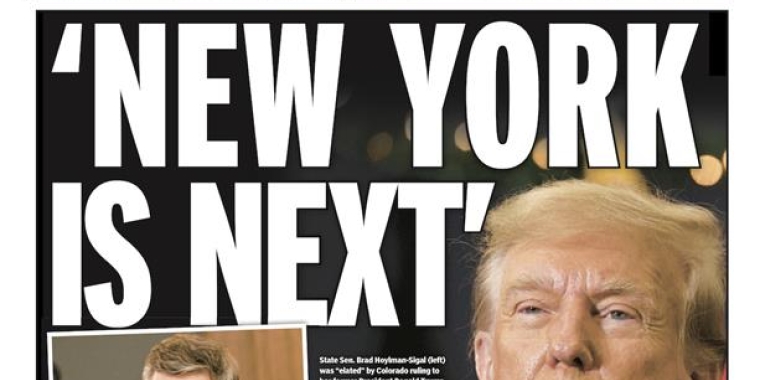
Testimony of State Senator Brad Hoylman-Sigal to the Task Force on Dyslexia and Dysgraphia
Senator Brad Hoylman-Sigal
October 7, 2024

Good afternoon, members of the Task Force. I am State Senator Hoylman-Sigal and I represent the West Side of Manhattan, from Christopher St. in Greenwich Village to West 103rd Street on the Upper West Side. Alongside my colleague, Assemblymember Robert Carroll, I authored Chapter 758 of the Laws of 2023, creating this Task Force. Assemblymembers Robert Carroll and Jo Anne Simon have been stalwart champions of this issue, along with Senators Zellnor Myrie and Kevin Thomas, and many of our colleagues in the State Legislature.
Dyslexia, as you no doubt know, is an all-too common reading disability. In New York City alone, it’s estimated that up to 20% of students have undiagnosed dyslexia.
When my daughter Silvia was in the fourth grade, my husband and I learned she was dyslexic. We had no idea until that point. In fact, Silvia had received good marks from her teachers in language arts up to that point – she even placed well in a spelling bee (we later learned that students had helped each other with the answers).
A simple screening could have identified issues that were undetected at that point for our daughter, which would have led to far earlier reading remediation for her. In fact, experts say that dyslexia and other reading-based disabilities can be detected as early as kindergarten. Screeners at this age, which cost only a few dollars and can take less than 20 minutes to administer, can help direct parents and teachers towards further evaluation.
The determining diagnosis for our daughter was a neuropsychological evaluation. We were fortunate enough to have the resources and contacts to find such an evaluation. For many parents, however, such evaluations are prohibitively expensive. The cost ranges from $5,000 to $15,000 for a day-long examination that is required to diagnose dyslexia, dysgraphia and ADHD (attention deficit hyperactivity disorder), a common neurodevelopmental disorder that according to estimates impacts nearly 75% of students who have dyslexia and can require behavioral therapies and medication for treatment.
Even when students receive a diagnosis, there is no guarantee they will enjoy an effective literacy education. Of the 60,000 New York City students that had a learning disability in 2022, just 16% were proficient in reading. While an expanding body of evidence recommends a phonics curriculum, such as the Orton-Gillingham approach, little of this has been implemented on a widespread scale in New York.
A failure to provide dyslexic students with the services they need has catastrophic consequences. Delayed intervention costs our government money in the long run. Every year, $2 billion is spent on students repeating a grade because of problems related to reading, according to the U.S. Department for Health and Human Services. Additionally, undiagnosed students suffer far worse outcomes than their peers, including low self-esteem, depression, and higher drop-out rates. One study estimated that 50% of the prison population could be dyslexic.
Our State’s failure up until now is not beyond repair. This Task Force must work to ensure that every student in New York at an early grade level has access to cost-effective dyslexia screening so that parents are prepared to seek further evaluation of their children.
In addition to widespread use of screeners, we must make neuropsychological exams within the financial reach of parents. One way to accomplish this goal is to require private health insurance to cover these examinations. In fact, this year, I passed through both houses of the State Legislature our Dyslexia Diagnosis Access Act, a first-in-the-nation bill (S5481A) that would require insurance policies to cover neuropsychological exams for dyslexia and dysgraphia with Assemblymember Carroll. The bill is currently awaiting Governor Hochul’s signature. With policy changes like this, we can help ensure that future generations of New Yorkers have widespread access to one of the most fundamental skills: the ability to read.
I look forward to reading this Task Force’s report. Thank you for your attention to this important educational and public health issue.


